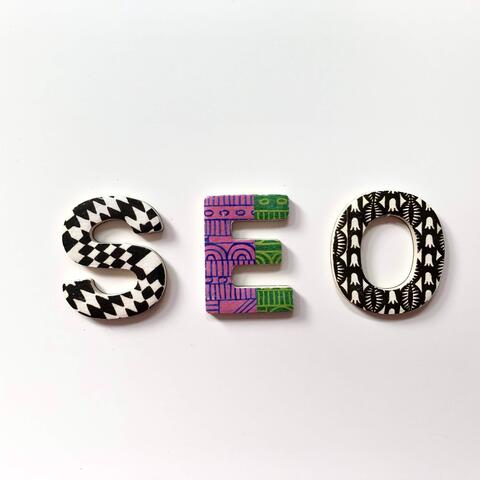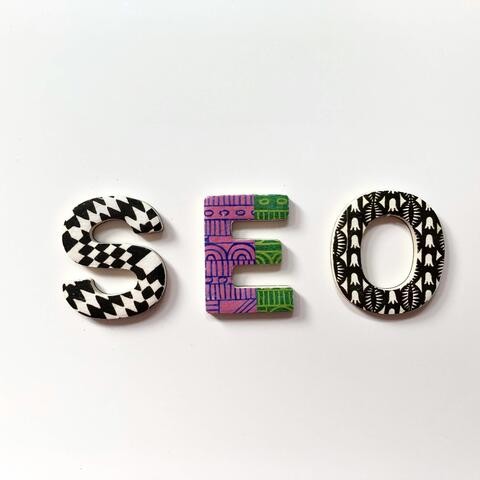Improving search engine optimization (SEO) on a website can help increase its visibility and ranking on search engines such as Google, resulting in more traffic and potential customers for a business.
Here are some key ways in 2023 to improve your website's SEO:
Research and use relevant keywords
Keywords are the terms that people use to search for information online. It's important to research and use relevant keywords in your website's content, as this helps search engines understand what your website is about and whether it's a good match for a particular search query.
To find relevant keywords, you can use tools like Google's Keyword Planner or SEMrush. These tools allow you to enter a keyword or phrase and see how often it's searched for, as well as other related keywords that you might want to use.
Once you've identified your keywords, make sure to incorporate them into your website's content in a natural way. Don't stuff your content with keywords – this can actually hurt your SEO – but instead, aim to use them sparingly and in a way that flows naturally with your content.
It's also a good idea to use long-tail keywords, which are more specific and less competitive than shorter, more general keywords. For example, "dog training" is a shorter, more general keyword, while "how to train a stubborn dog" is a long-tail keyword. Using long-tail keywords can help you attract more targeted traffic to your website.
Optimize your website's title tags and meta descriptions
Title tags and meta descriptions are important elements of a website's HTML code that provide information to search engines about the content of a webpage. They also appear in the search results, so it's important to make them compelling and relevant.
To optimize your title tags, make sure they accurately and concisely describe the content of the page. Keep them under 60 characters, as search engines may truncate longer titles.
Meta descriptions are short summaries of a webpage's content that appear in the search results. They should be around 160 characters or less and should include your primary keyword or phrase. Use them to entice people to click on your search result by describing the value or benefit of your webpage.
Use header tags effectively
Header tags, or H1 tags, are a type of HTML element that indicate the hierarchy of a webpage's content. H1 tags are typically used for the main heading of a page, while H2 tags are used for subheadings, and so on.
Using header tags effectively can help search engines understand the structure and content of your webpage, and can also make your content easier for visitors to scan and read. Make sure to use H1 tags for your main headings and H2 tags for your subheadings, and try to include your primary keywords in these tags.
Create high-quality and unique content
Creating high-quality, unique content is one of the most important things you can do to improve your website's SEO. Search engines favor websites that provide valuable and useful information to their users, so it's important to focus on creating content that meets this criteria.
To create high-quality content, make sure to:
- Write for your audience, not just for search engines
- Use proper grammar and spelling
- Avoid duplicate content
- Use images and other media to enhance your content
- Make sure your content is well-researched and accurate
In addition to creating high-quality content, it's important to make sure that your website has a sufficient amount of content. A website with a lot of content can signal to search engines that it is a valuable resource for users.
Feel free to reach out if you're in need of help with your website and we'll be happy to chat.






